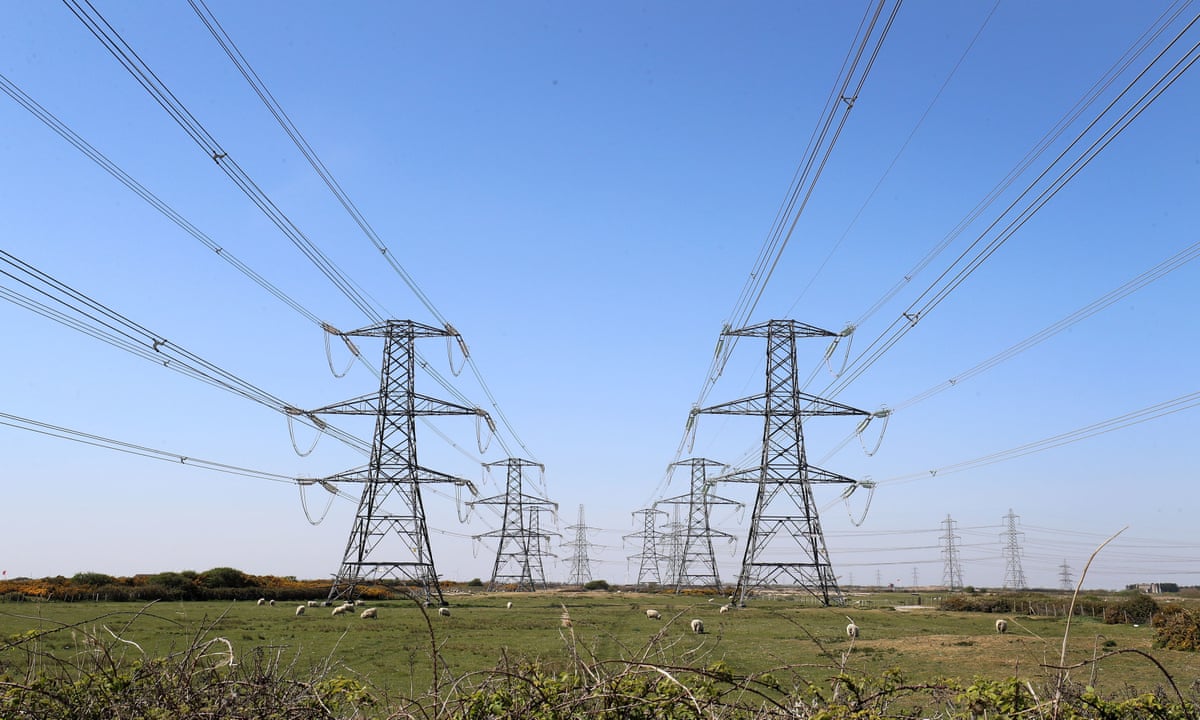How to Export Electricity from Nigeria: The Solution for Energy Needs
How to Export Electricity from Nigeria: The Solution for Energy Needs
The need for electricity is universal and as such, countries around the world are trying to find new ways of producing it. Nigeria is no different. It’s become one of the leading providers of electric power in Africa and currently generates approximately 20% of its electricity from renewable sources.
The Nigerian government has ambitious plans for increasing this to 40% by 2020. To achieve this goal, they need to decide on a strategy that will work best for them and then implement it with conviction and skill. Achieving their goal means finding a way to export electricity from Nigeria in order to satisfy the nations energy needs.
The need for electricity
Achieving the goal of exporting electricity from Nigeria will require political commitment and strategic decision-making.
The Nigerian government will need to take the following steps:
1. Create a strategy to achieve their goal of exporting electricity from Nigeria
2. Find low cost financing to finance the project
3. Find equipment manufacturers who are willing to invest in Nigeria
4. Recruit local expertise to carry out the project
5. Get creative in order to solve any problems that may arise during implementation
6. Implement the project with conviction and skill
Why exporting electricity from Nigeria is good for the nation
The Nigerian government has a goal of increasing the amount of electricity it produces from renewable sources to 40% by 2020. One way to achieve this goal is to export electricity from Nigeria.
If the government is able to do this, Nigeria will be able to grow its economy and produce more jobs. It will also help Nigeria move away from coal and oil, which could lead to a cleaner environment.
Nigeria would still need to import some electricity from other sources in order to meet the needs of the nation. However, the country would also be able to export its own electricity. The government would be able to generate more revenue and increase its GDP.
Exporting electricity from Nigeria will help the country achieve its goals and improve the lives of Nigerians. It’s an idea worth exploring!
What are the pros and cons of exporting electricity?
The pros and cons of exporting electricity from Nigeria is a hotly debated topic.
The renewable energy industry in the UK is booming and the country is looking to become a world leader in this area. But with the UK aiming to meet its energy demands through renewables, the question arises: where does that leave other countries who export electricity?
The UK has already seen a number of countries – such as Germany and the Czech Republic – criticise them for refusing to build new nuclear power plants and has been accused of renewable energy imperialism.
Critics of this decision point out that it is unfair to increase the cost of electricity in countries like Nigeria while lowering it in the UK.
However, there are also people who argue that exporting electricity could lead to economic growth in Nigeria, which could help its citizens.
How to export electricity
Nigeria is looking to become a global supplier of electricity and has ambitious plans to increase the contribution of renewable sources to 40% by 2020. To achieve this, they need to find a way to export electricity from Nigeria. There are two ways this could be done: the first is through the use of power-purchase agreements and the second is through the use of power-sale agreements.
A power-purchase agreement would entail Nigeria providing electricity to their neighboring countries, such as Cote D’Ivoire and Ghana. They would also need to construct a high voltage transmission line at a cost of $1.5 billion and then import the necessary equipment.
Alternatively, Nigeria could enter into a power-sale arrangement with a country like Ghana or Ivory Coast. The electricity generated in Nigeria would be sold to the neighboring country and the price would be determined by the World Bank’s spot price index, which is set quarterly.
Nigeria could also look to enter into long-term contracts with their neighboring countries, which would allow them to export electricity from Nigeria for prices determined by the World Bank’s spot price index. To make this arrangement work, they would need to spend at least $4 billion on building a new
Conclusion
The Nigerian government needs to implement a strategy to export electricity from Nigeria. To do this, they need to start by deciding on a goal and then find a way to achieve it. The energy needs in Nigeria are not going away and the only sustainable way of meeting them is by exporting electricity from Nigeria. If they can do this, Nigeria can become a leader in renewable energy and models for other African countries.








LEAVE A COMMENT
You must be logged in to post a comment.